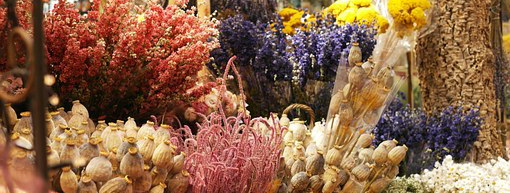Two tragic deaths of skiers in Beijing-area resorts over the past three days have called attention to safety on local slopes.
According to Chinese news reports, a 10-year-old Beijing boy died on Wednesday (January 18) afternoon at the Thaiwoo Ski Resort in Chongli, about a 4-hour drive drive from Beijing.
The boy was found by the Thaiwoo ski patrol but was pronounced dead on arrival at the emergency room, according to Renmin Hospital in Chongli. According to one witness at the hospital, the boy’s father said he has been skiing for three or four years and was familiar with the slope he was found on. The cause of the accident is unknown and the resort has asked anyone who may have witnessed the accident to contact the resort.
The accident comes less than 48 hours after another deadly accident on the slopes of Chongli.
On January 16, a Peking University graduate student was killed in an accident at Wanlong Ski Resort. Witnesses said the accident was severe, and a social media picture of the alleged scene of the accident seems to indicate the student veered off the slopes to hit a tree.
The accidents come at a time when many are considering trips to the slopes for the Chinese New Year holiday.
Skiing is witnessing a boom in Beijing and in China overall, where the number of resorts has increased dramatically over the past decade. Additionally, Beijing’s selection as host of the 2022 Winter Olympics has also sparked widespread interest in the sport.
However, safety sometimes takes a back seat to unbridled enthusiasm among skiers and profit among resorts, resulting in occasional overcrowding on the slopes.
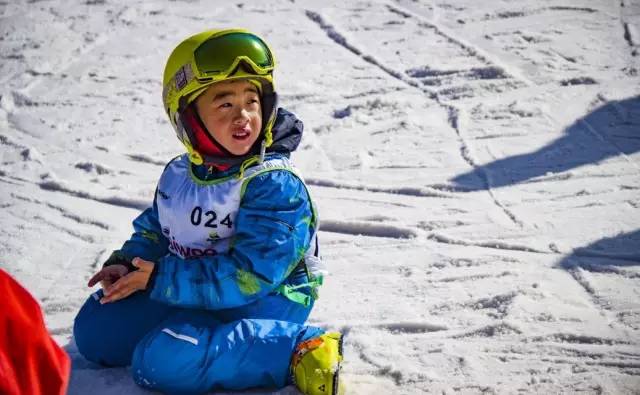
A child at Thaiwoo gets ready for a lesson
“What worries me about a lot of these places is they get crowded, and oftentimes the skiers are under-skilled and over-ambitious,” said one former organizer of ski trips in Beijing. “Even if you don’t take risks yourself, you’re always at risk from an out-of-control skier who has ended up coming barreling down a slope they have no business coming down.”
Safety on the Slopes: How Can Taking Your Clothes Off Keep You Warm?
Safety on the Slopes: How to Check Your Rental Ski Equipment
Meanwhile Sam Goodman, a parent who frequently goes skiing with his family, said several precautions need to be taken on Beijing’s slopes such as always wearing a helmet, ensuring you use quality equipment, and sticking to the hills that are appropriate for your level.
Whenever Goodman hits the slopes with his daughter, who is also ten years old, he tries to snowboard behind her so that he can keep an eye on how she is doing and watch out for the other people navigating the hill around them. He said: “It’s like driving in a car. You can try to be as safe as you can, but if these idiots around you who can’t control themselves slam right into you from behind, then there’s only so much you can do. So I ask my daughter to not only watch where she’s going, but to also be aware of her surroundings.
Safety on the Slopes: Getting Out There
Safety on the Slopes: How to Fall Over and Get Back Up Again
Eyee Hsu, an expat parent and CCTV news anchor and host, is an avid snowboarder who had both her son and daughter on the slopes when they were mere toddlers. However, she and her husband are reconsidering whether to take family trips to local ski resorts this winter, explaining: “Even though our kids know how to control themselves, we’re worried about going because of the people around them. At Chinese resorts there are so many adults that go, rent equipment, and start skiing but never get the proper instruction. The only way they know how to stop is to fall, so it can be a total hazard out there.”
She recommended that parents have their kids wear helmets and that they use proper fitting equipment. But above all she stressed the need for formal lessons from a qualified instructor, so that children know how to stop and can maneuver safely.
Justin Downes, president of IMG Ski Resort Management & Axis Leisure Management, which was heavily involved in the planning and of development of Chongli’s Secret Garden resort and Thaiwoo’s resort, suggests:
- Be aware of the ‘Responsibility Code’ of the ski area – each resort will have it posted in the ski hall
- Ski within your ability level….if you are a beginner, stay in the beginner area
- It is always a good idea to get a ski lesson..learn from the experts
- Don’t ski too fast, especially in congested areas
- Wear a Helmet (many resorts now make it mandatory)
- Make sure that the rental technicians adjust your bindings to match your weight and ability level (it is a simple adjustment with a screwdriver)
- If snowboarding – you can also rent additional protective equipment (such as wrist guards, knee pads etc)
- Always watch what is happening in front of you – don’t worry about what is happening behind you (be aware and alert)
- It is helpful to be in some sort of reasonable physical condition
- Dress warmly to avoid muscle strains
Photo: Courtesy of Thaiwoo Ski Resort
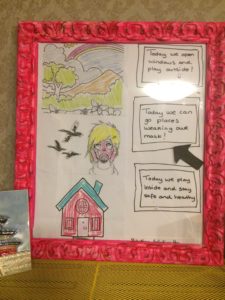
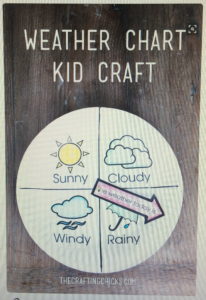







 A huge slab adorned with Chinese scriptures and a landmark will greet visitors near the entrance of Taoyuan Xiangu scenic area. Along the way to the main attraction is a small food stall where tourists can buy instant noodles and get hot water. There are also public toilets scattered along the main route. The first attraction to see is the frozen walkway near one of the three icefalls. The frozen walkway looks like a small part of the ice castle in Frozen. Inside, it’s quite narrow but you’ll see smooth icicles against hanging roots.
A huge slab adorned with Chinese scriptures and a landmark will greet visitors near the entrance of Taoyuan Xiangu scenic area. Along the way to the main attraction is a small food stall where tourists can buy instant noodles and get hot water. There are also public toilets scattered along the main route. The first attraction to see is the frozen walkway near one of the three icefalls. The frozen walkway looks like a small part of the ice castle in Frozen. Inside, it’s quite narrow but you’ll see smooth icicles against hanging roots.



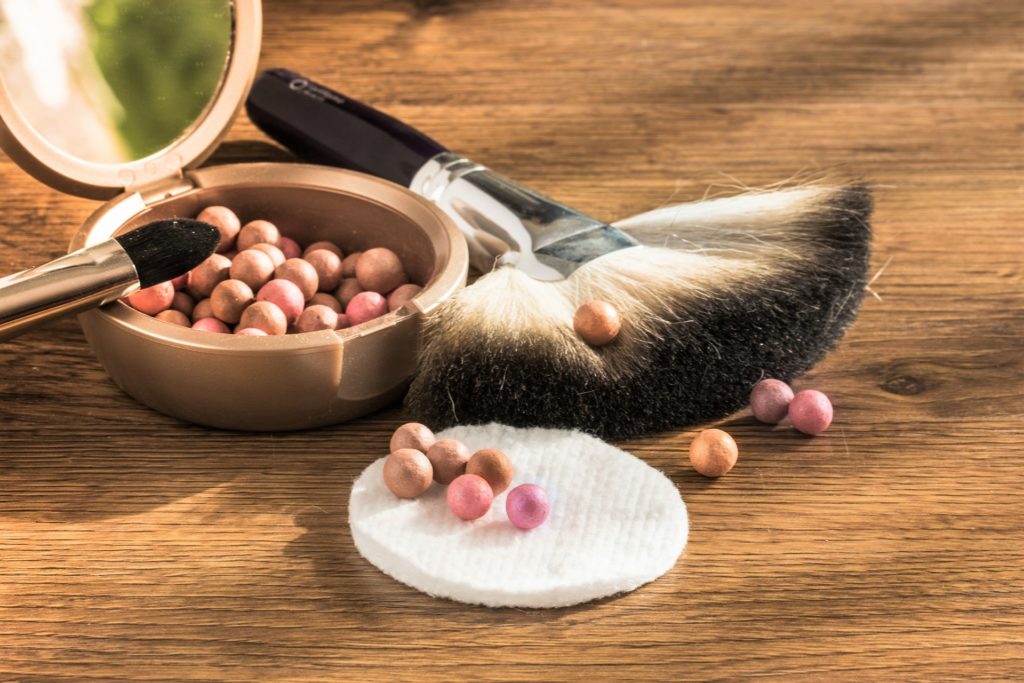

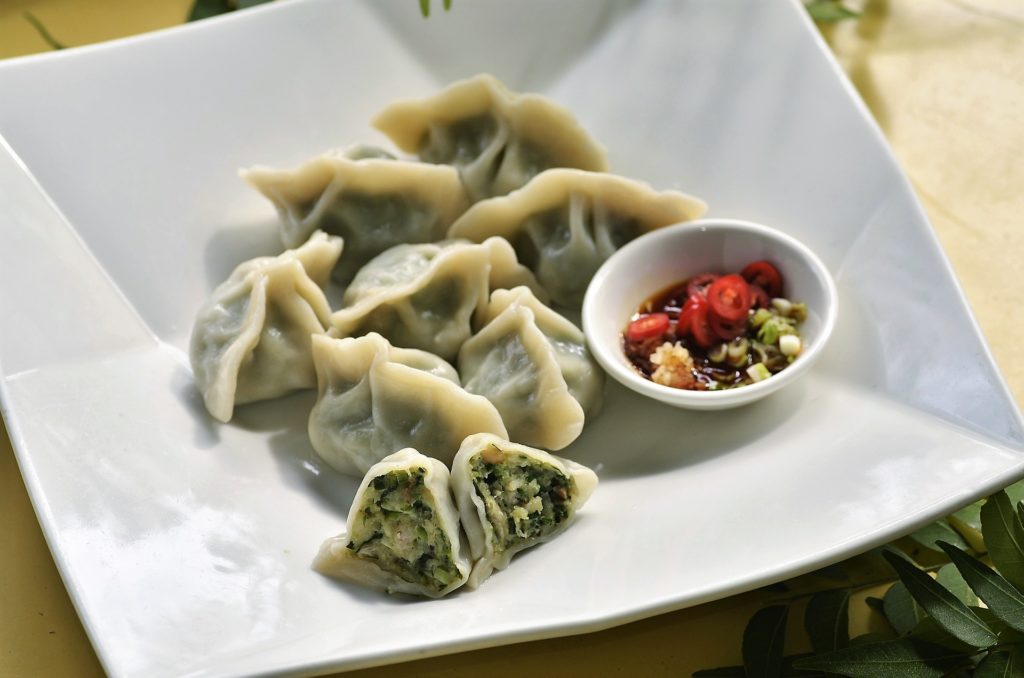

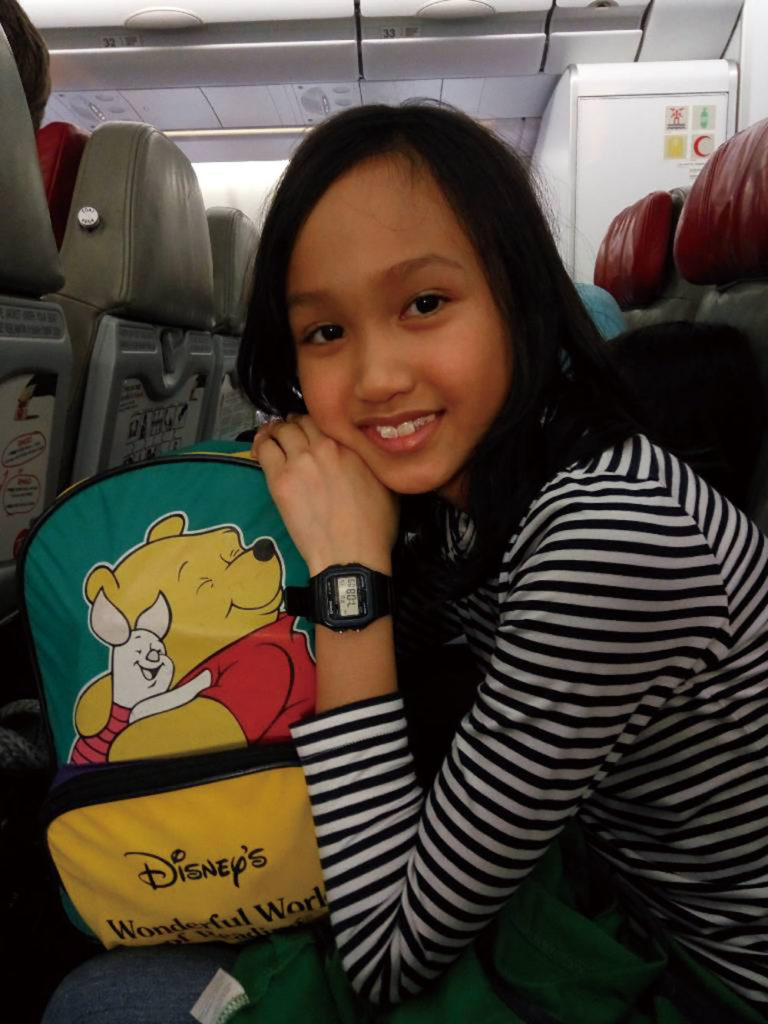
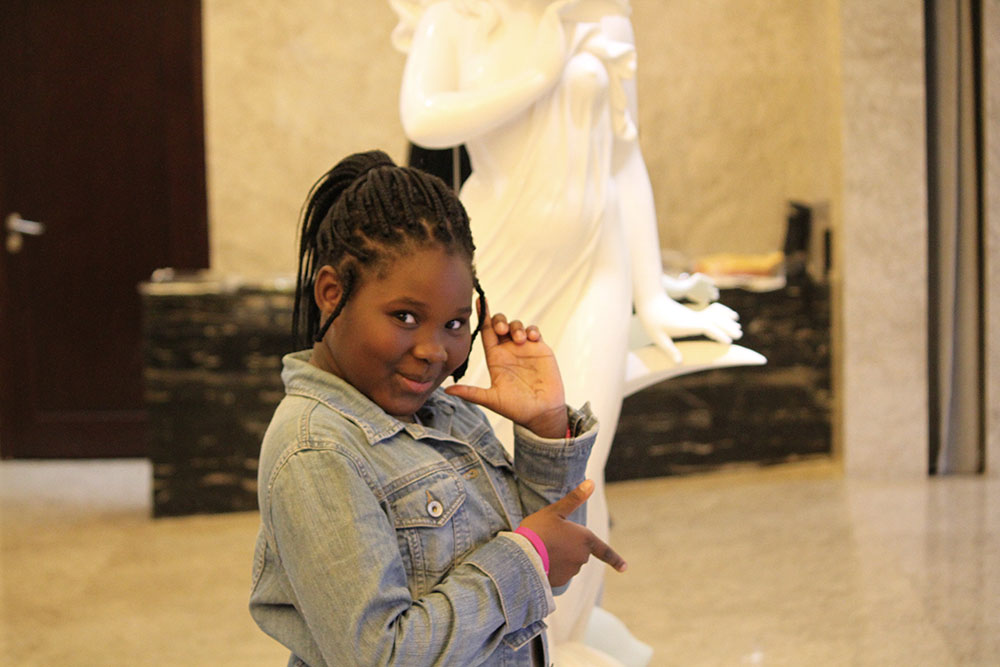
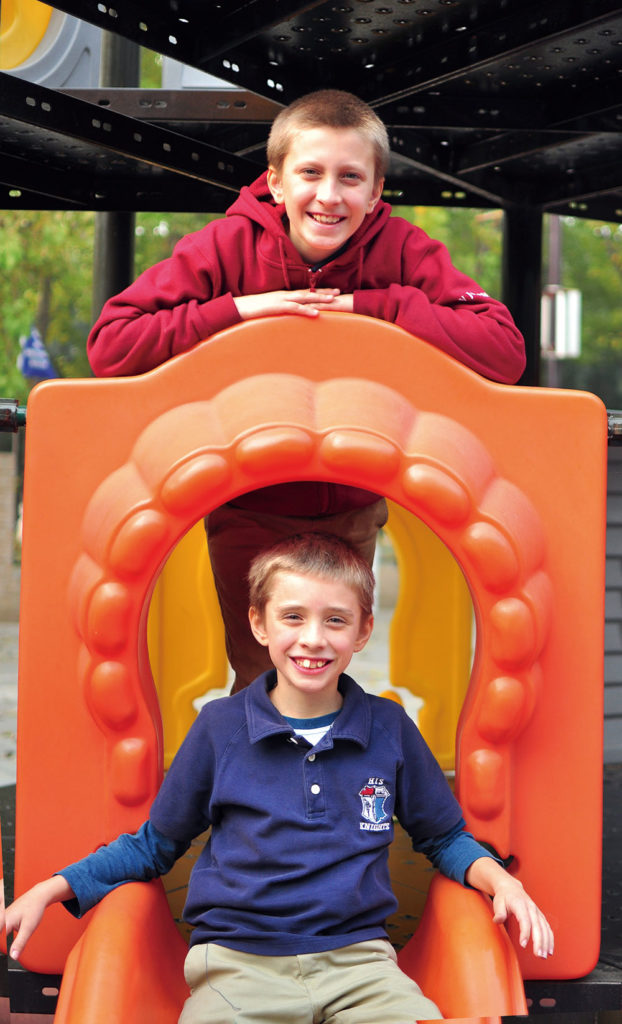
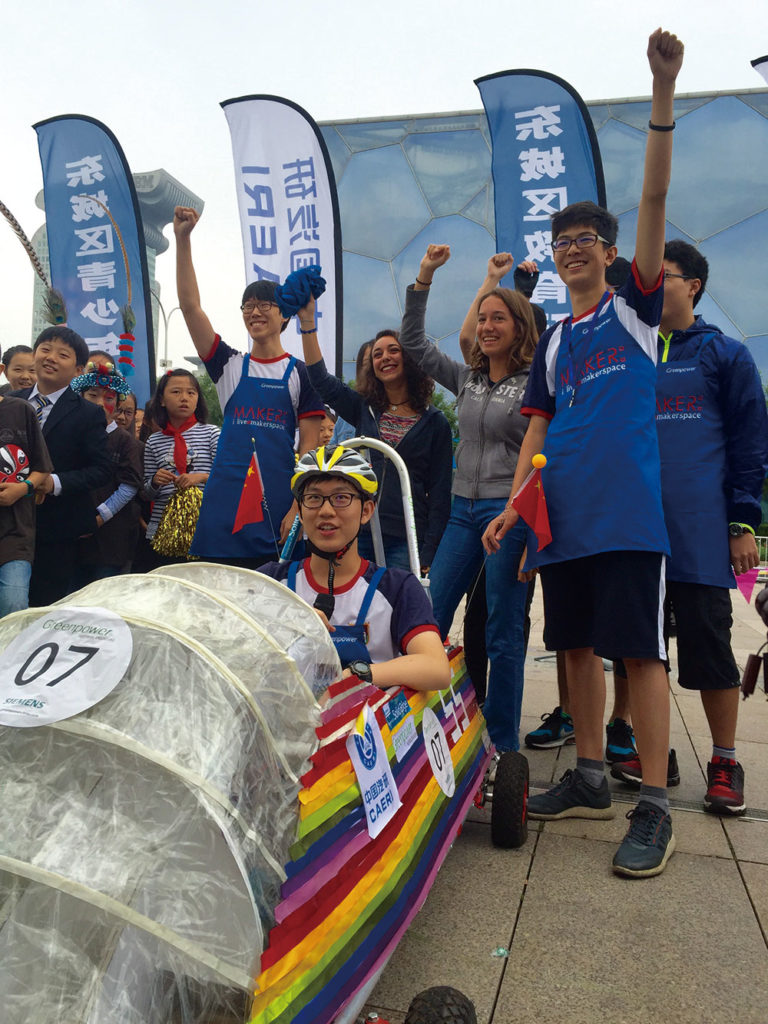
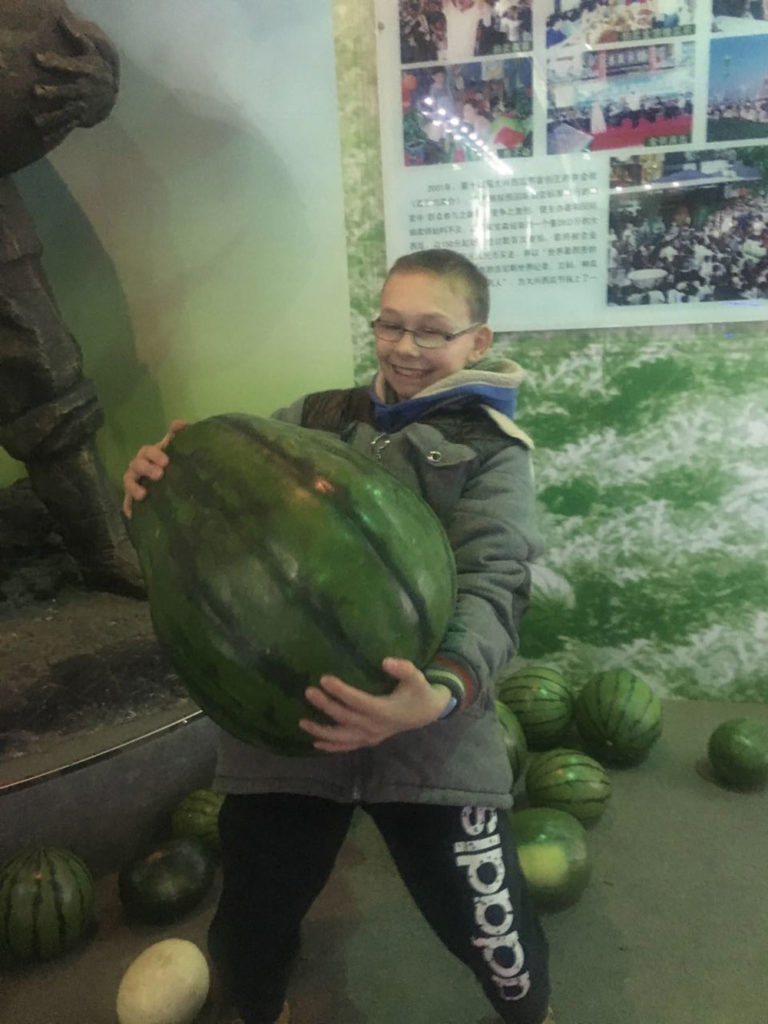
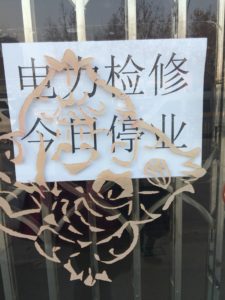
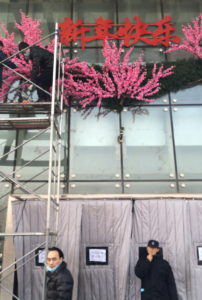

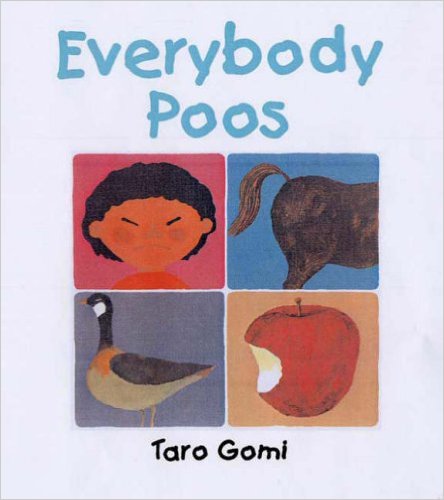
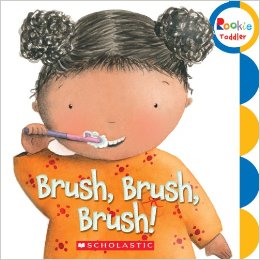


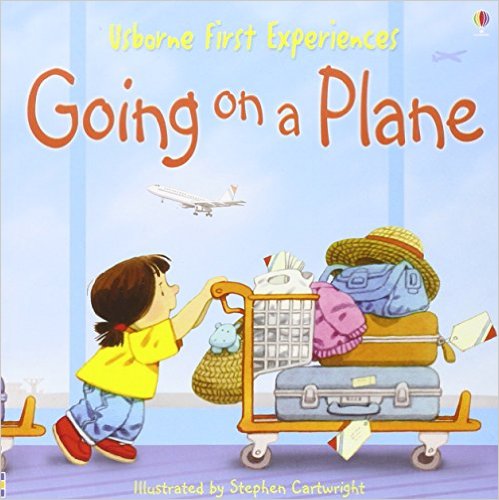
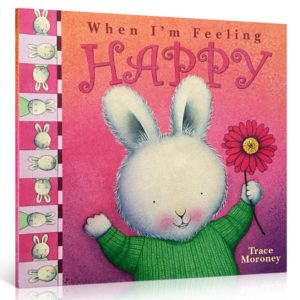






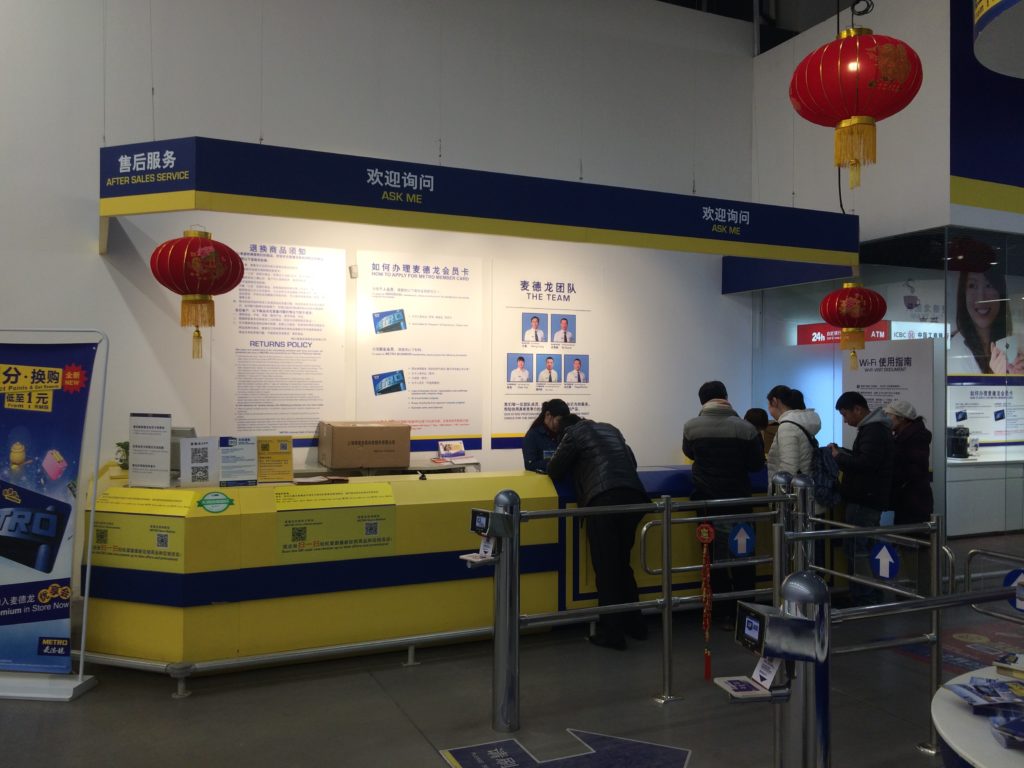
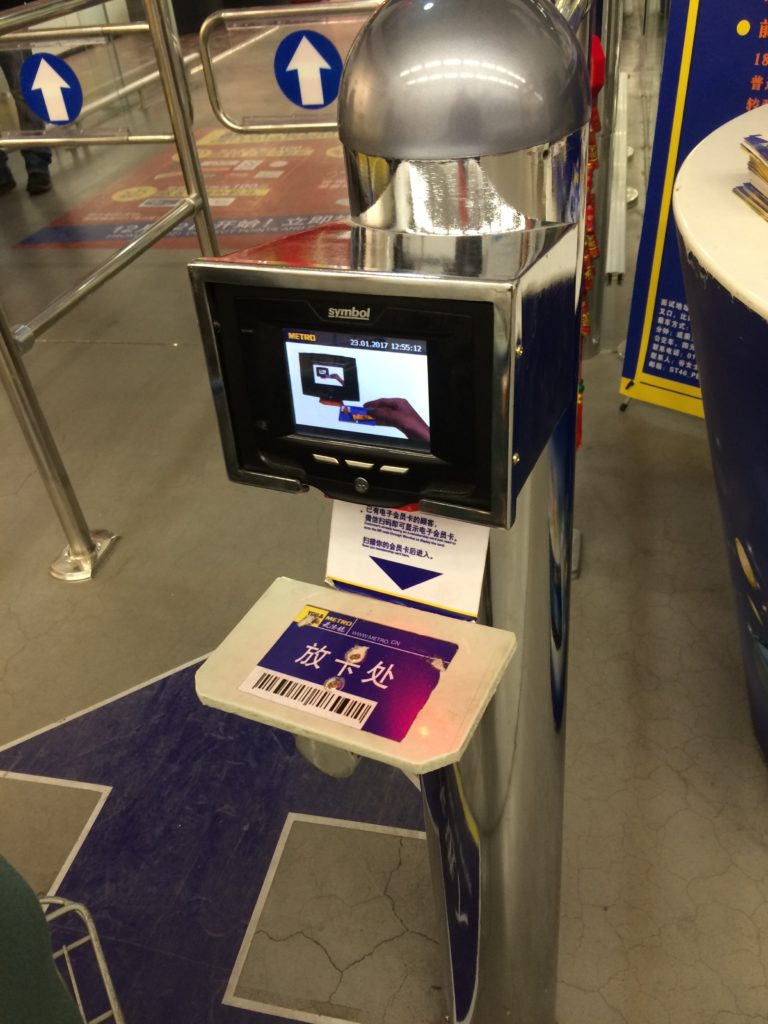
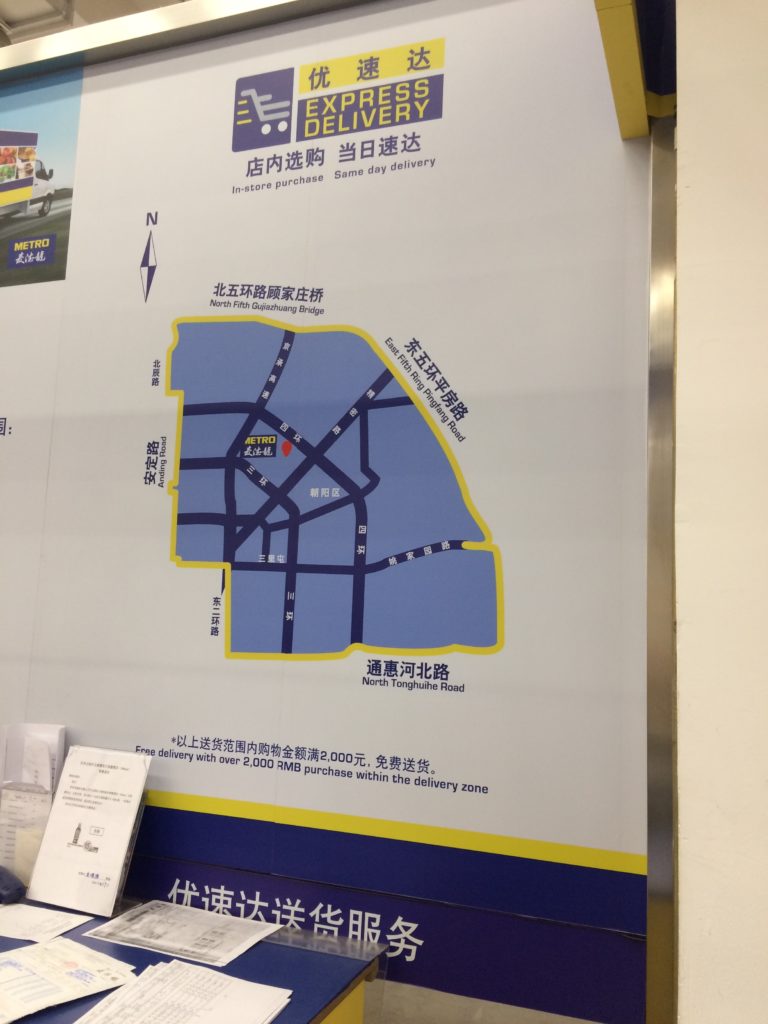


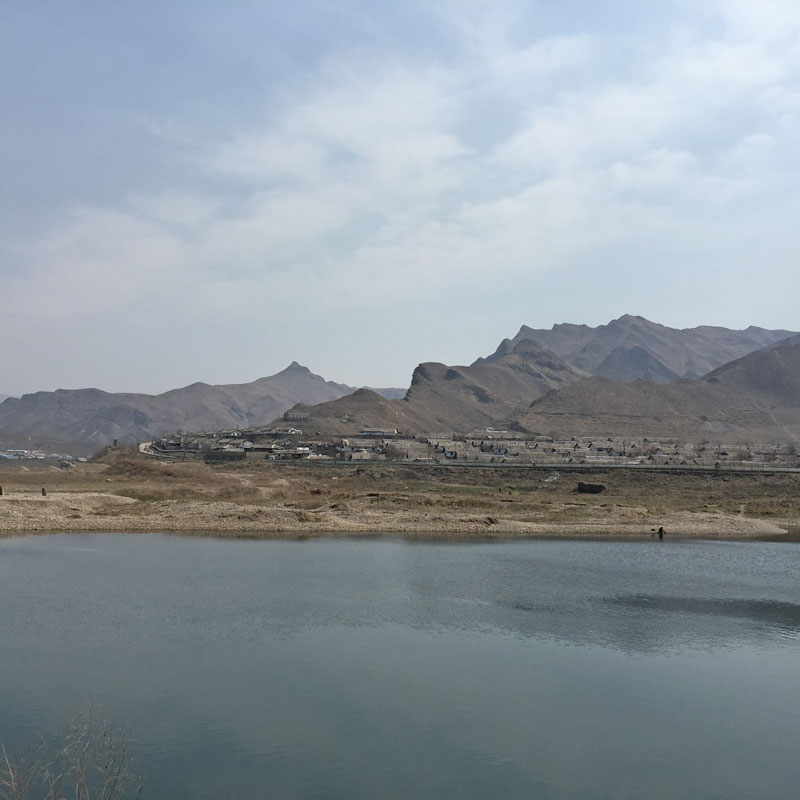
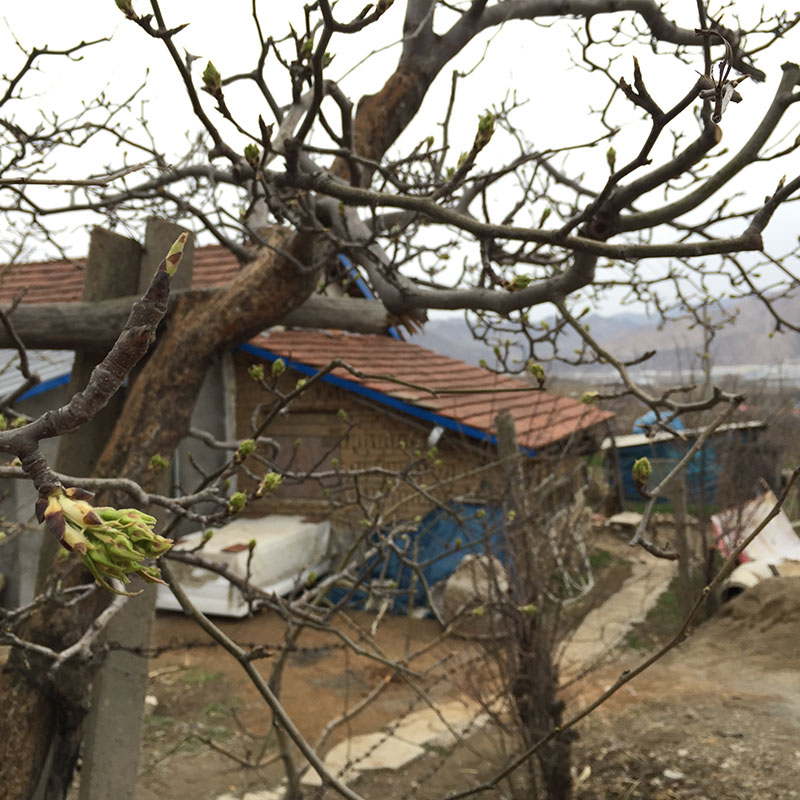
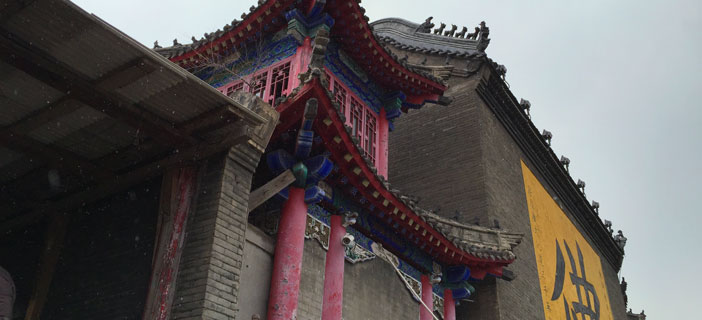
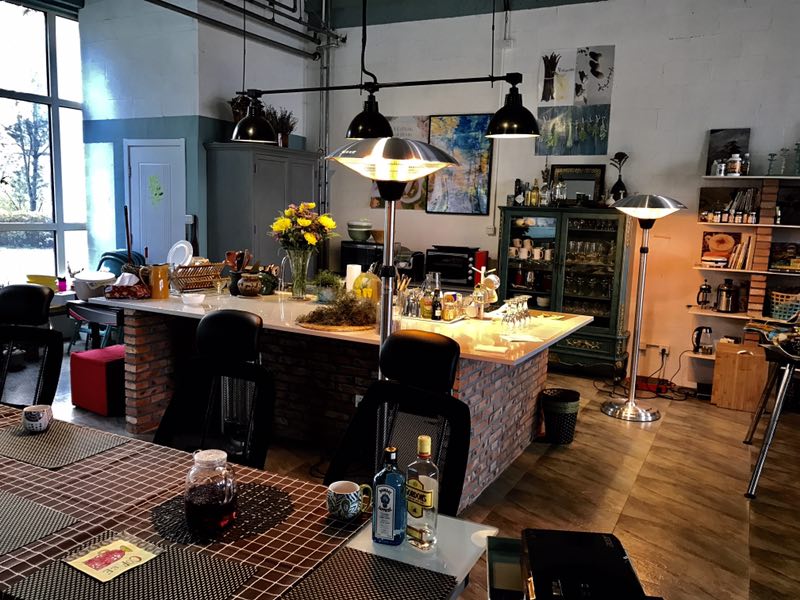 I am a mother obsessed with homemaking, I love anything that will make our family home a more cozy place to be in, kids arts and crafts, paintings, fresh flowers and cute pillows all those things my husband deems unnecessary. So finding Zhang in her magical world of homemaking was a like a dream come true. I thought the art of etiquette and homemaking was a lost. But Vida has proved that it is nothing but lost, etiquette and homemaking are so much alive.
I am a mother obsessed with homemaking, I love anything that will make our family home a more cozy place to be in, kids arts and crafts, paintings, fresh flowers and cute pillows all those things my husband deems unnecessary. So finding Zhang in her magical world of homemaking was a like a dream come true. I thought the art of etiquette and homemaking was a lost. But Vida has proved that it is nothing but lost, etiquette and homemaking are so much alive. Zhang explained to me that she started her bilingual home management school about a year and half ago; Zhang has a passion for etiquette and home making. She provides classes for girls and their mothers from six years old. Zhang teaches mothers and daughters to cook, make flower arrangements, decorate napkins, mix drinks, make candles and the lost art of being a great hostess.
Zhang explained to me that she started her bilingual home management school about a year and half ago; Zhang has a passion for etiquette and home making. She provides classes for girls and their mothers from six years old. Zhang teaches mothers and daughters to cook, make flower arrangements, decorate napkins, mix drinks, make candles and the lost art of being a great hostess. Zhang has lived for 20 years in America and has attended etiquette school and flower arranging classes. She has a flair for making you feel warm and welcome in her loft style home management school. The space is more like a cozy home with nick knacks to find in every corner. I leave Zhang’s magical space feeling renewed and filled with new ideas to add to my own home.
Zhang has lived for 20 years in America and has attended etiquette school and flower arranging classes. She has a flair for making you feel warm and welcome in her loft style home management school. The space is more like a cozy home with nick knacks to find in every corner. I leave Zhang’s magical space feeling renewed and filled with new ideas to add to my own home.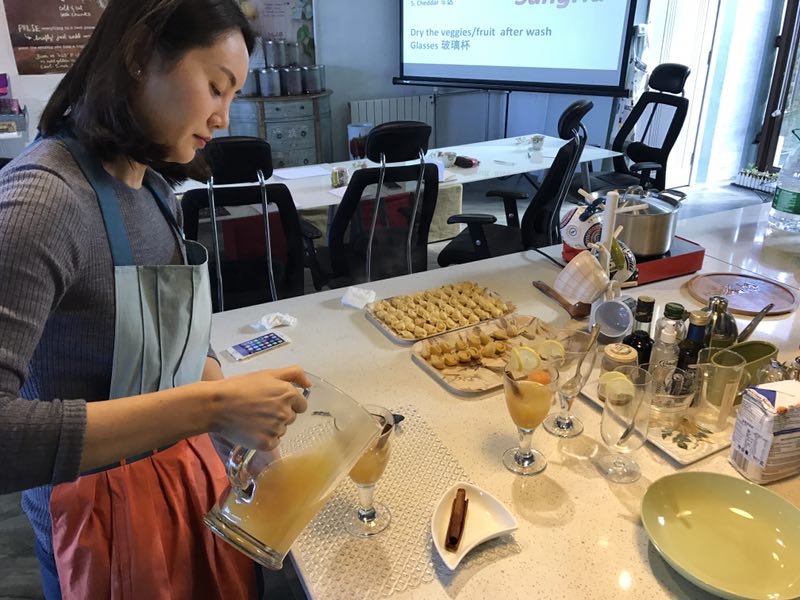 Zhang has Chinese
Zhang has Chinese
